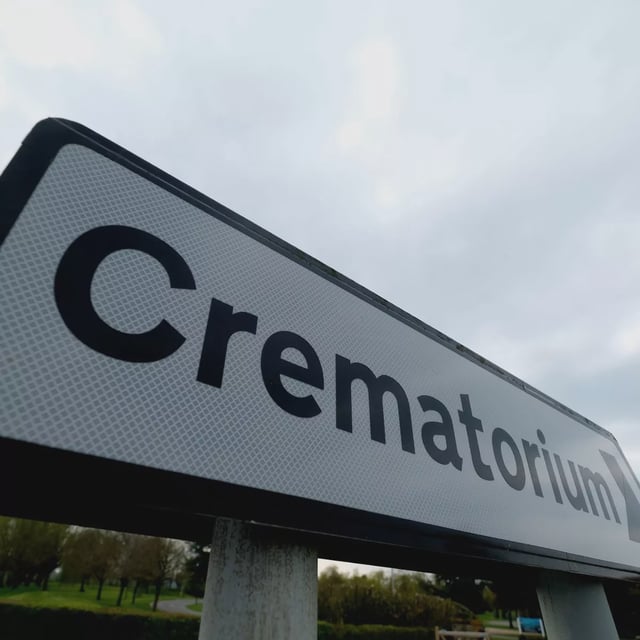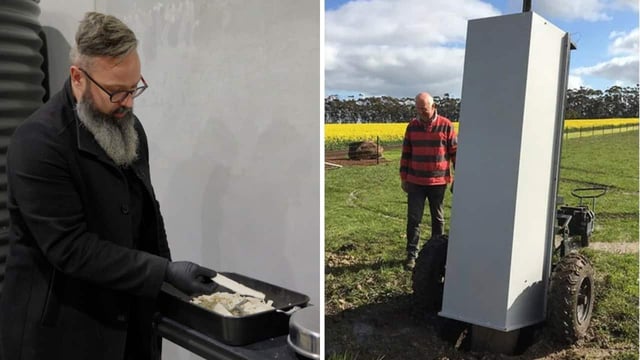Overview
- If approved, funeral directors could offer water cremation by dissolving human remains in a heated alkaline solution.
- The alkaline hydrolysis process takes three to four hours and breaks the body into amino acids, peptides and sugars.
- Resomation Ltd reports that water cremation emits about 28kg of CO2 per cycle compared with roughly 245kg from traditional flame cremation.
- After treatment, a sterile liquid is sent to water treatment facilities and the softened bones are ground into powder for families.
- This method is already legal in 30 US states, Canada and South Africa, with Europe’s first facility opening in Ireland in early 2023.



